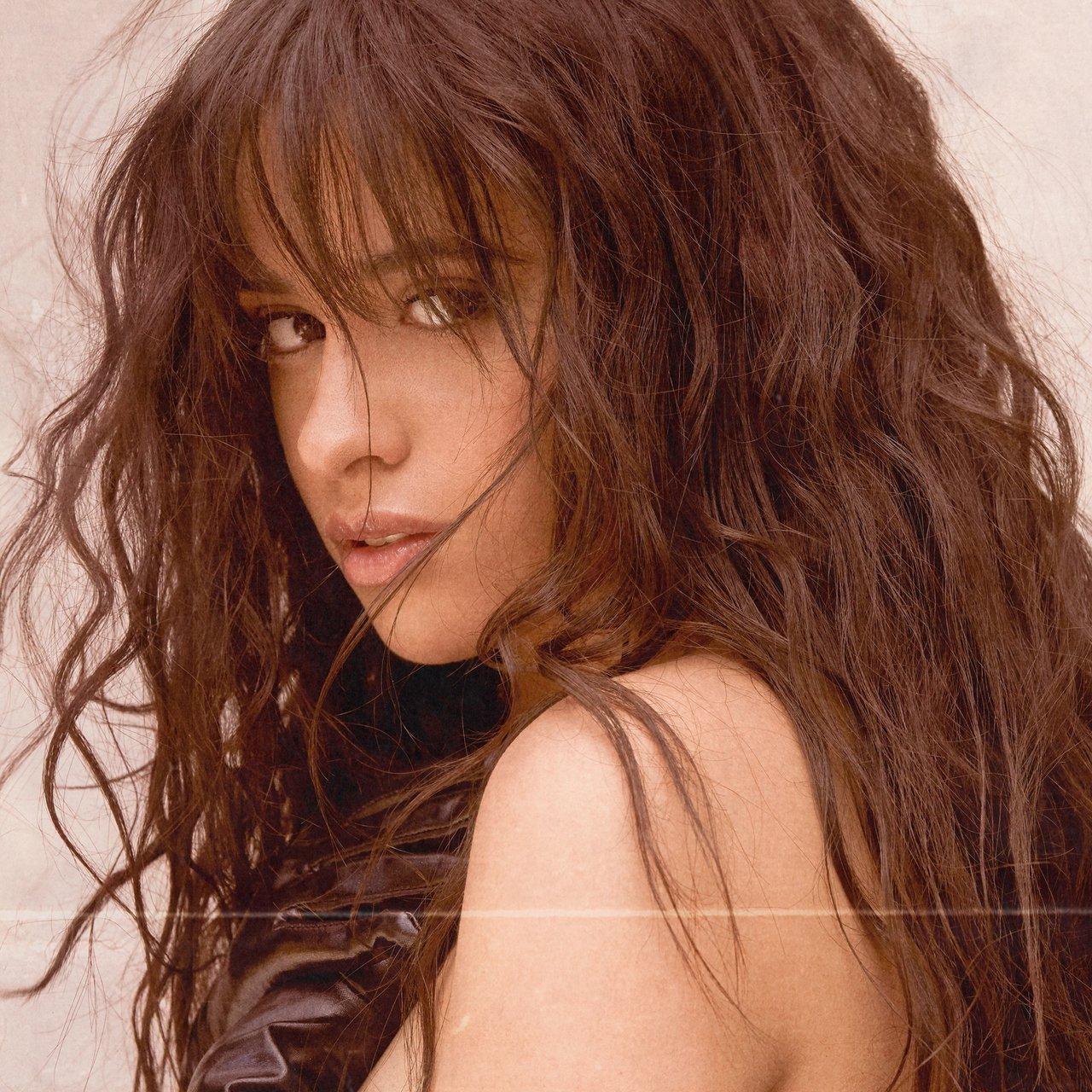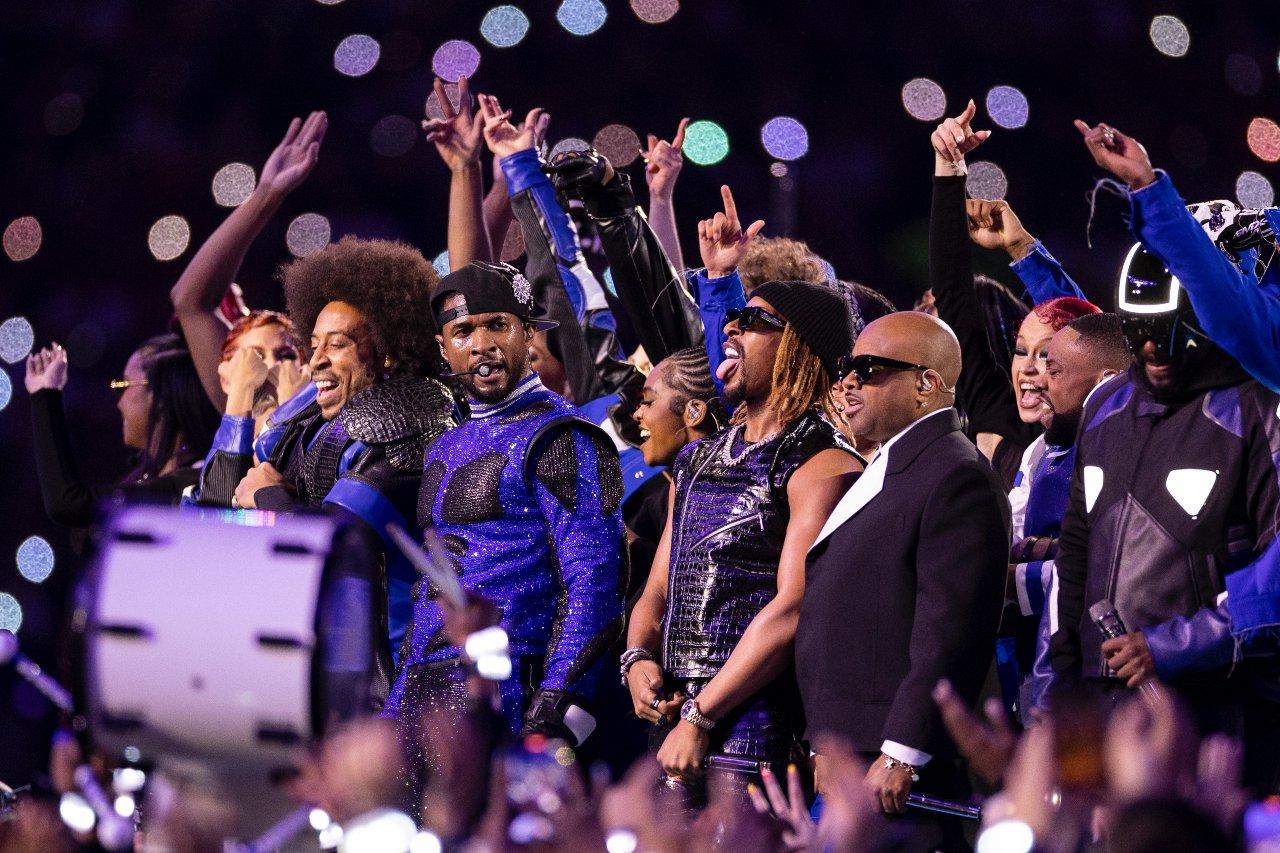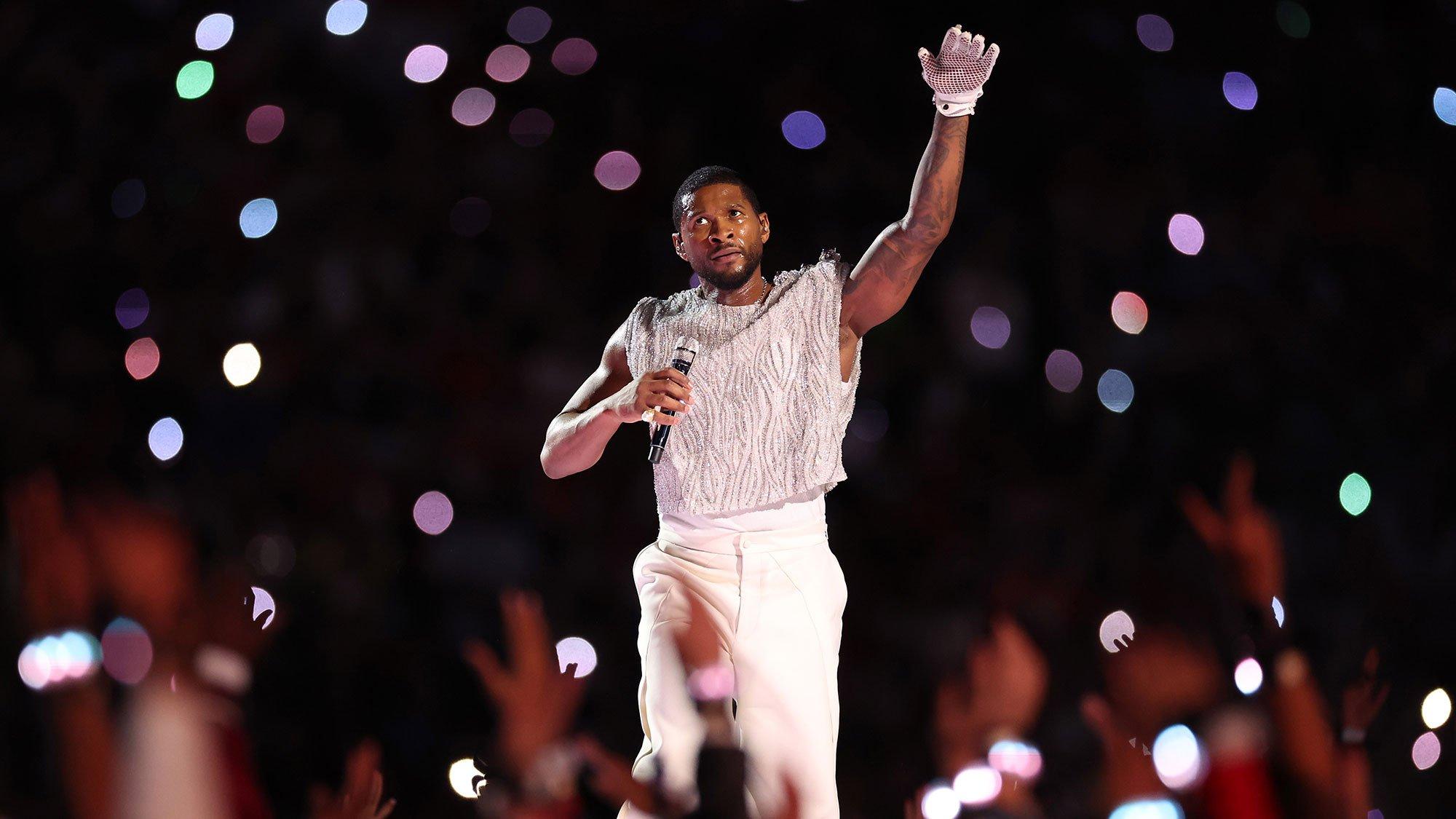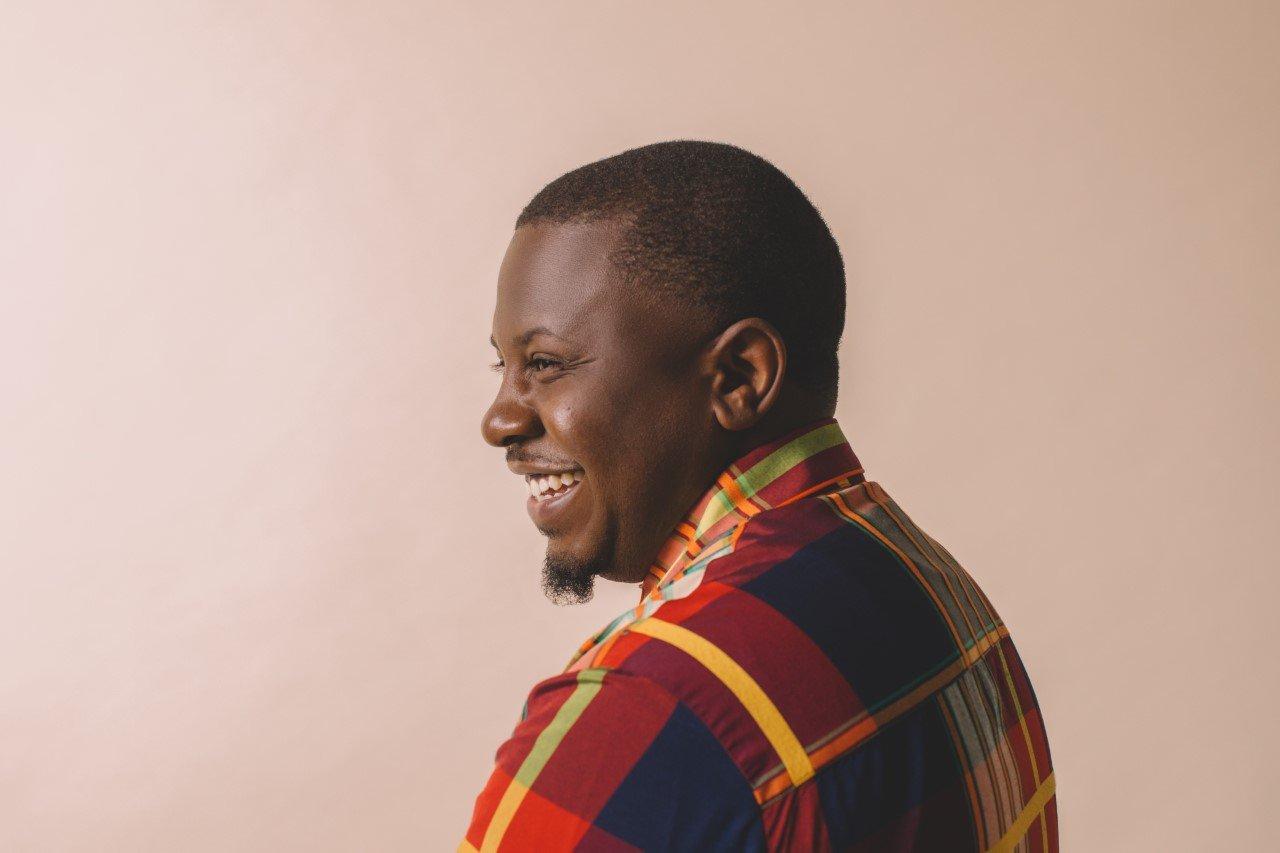Editor’s note: This article has been updated on Monday, Jan. 22 to include mention of Victoria Monét and reflect D’Mile’s 2024 GRAMMY nomination.
"He is a genius. I don’t feel like most people realize how much of a genius he actually is" producer D’Mile asserts when thinking back on his popular project with Bruno Mars.
But prior to the formation of Silk Sonic, longtime friend and bandmate Anderson .Paak implored Mars and D’Mile to come together for a session. "Once we realized we were doing a group project, I think it was easy for all of us to know what kind of vibe it was going to be," D'Mile says.
"Leave The Door Open,'' the GRAMMY-winning product of the trio’s collaboration, became a hit for its groovy R&B bridges and velvety vocal harmonies — and D’Mile’s career skyrocketed. Now, he is a creative backbone behind many top artists, infusing discographies with blues, jazz and neo-R&B, while engineering for Beyoncé, Jay Z, Lupe Fiasco, H.E.R. and others. Now, D’Mile is nominated for Producer Of The Year, Non-Classical, at the 2024 GRAMMYs, alongside Jack Antonoff, Hit-Boy and more.
At the66th GRAMMY Awards, D’Mile is nominated forProducer Of The Year, Non-Classical for his work on JAGUAR II. TheVictoria Monét record is nominated for Best R&B Album and Best Engineered Album. Non-Classical.
Long before earning a clutch of awards, D’Mile was disciplined in a musical household. Dernst Emile II, a.k.a. D'Mile was born to two esteemed Haitian musicians — vocalist Yanick Étienne and Dernst Emile, an established music arranger and instrumentalist — with a wide global lineage and appreciation of the music of the African diaspora. Coming up in Brooklyn, D'Mile learned the piano from his father, and would hear his mother sing jazz and Haitian konpa around the house.
"They would always work together," the music producer bashfully remembers over Zoom, chuckling. "My dad [still] gives private lessons to this day. I was just always around instruments my whole life — the jam and recording sessions. I feel like I am just a younger version of him."
A young D'Mile inherited the musical aptitude of his parents, nurturing his musical roots while keeping his ear close to the ground as his career blossomed. "One of my first [producer] placements ever was actually Mary J. Blige in 2005," D’Mile reflects bashfully. That single was the title track on Blige’s 2005 album, The Breakthrough, which won the GRAMMY Award for Best R&B Record.
Nearly two decades into producing music, D’Mile applies artists' personal experiences to the music they create together, tailoring their sounds as a reflection of who they are, at the moment he meets them. "I just do what I know when I feel right in my heart," D’Mile says, shrugging his shoulders. "[But] when I do a collab with an artist, I try to speak to who they are through the music."
That insight, and ability to cohere an artist's essence with contemporary culture, has led to many hit-making moments. After having compulsive thoughts of quitting music over the past decade, D’Mile ignited an artistic flare at the beginning of the pandemic and a plethora of gold-plated accolades was on the horizon.
From 2020 to 2022, D’Mile experienced highs that accelerated career’s trajectory. At the 2020 GRAMMY Awards, D’Mile received seven nominations for his work on Lucky Daye’s debut album, Painted and H.E.R’s second album, I Used To Know Her. Following the police murder of George Floyd, D'Mile channeled racial tensions into H.E.R.'s "I Can’t Breathe"; the song won the coveted GRAMMY Award for Song Of The Year in 2021. That same year, D'Mile won an Academy Award for Best Original Song ("Fight For You") in the motion picture, Judas and the Black Messiah.
D'Mile's star only continued to rise in 2022. At the 64th GRAMMY Awards, the producer took home three golden gramophones for his work on Silk Sonic's "Leave the Door Open" — including Song and Record Of The Year. A testament to his production expertise and wide-ranging ear, D'Mile was also nominated for his efforts on Christian/Contemporary song "Hold Us Together (Hope Mix)."
"I am not saying my first accomplishments haven’t hit me yet, but it is just unbelievable sometimes to think of all of the good things that have been happening in my career recently," D'Mile reflects.
At the 66th GRAMMY Awards, D’Mile is nominated for his work on JAGUAR II; the Victoria Monét record is nominated for Best R&B Album and Best Engineered Album. Non-Classical.
The Los Angeles-based musician is nourishing the nucleic basis of R&B, creating an environment for upcoming and celebrated artists to rejoice and evolve. The producer shared memories from some of his favorite collaborations with GRAMMY.com.
Joyce Wrice - Overgrown
Executive produced by D’Mile, Joyce Wrice's 2021 debut album is an exquisite gift to R&B buffs. The bluesy 14-track Overgrown is a delineation of nostalgic 90’s R&B and hip-hop, with pitched vocal highs and emotional lows.
"The first time Joyce and I met in the studio, I was picking up on who she is as a woman and her vision for Overgrown," says D’Mile. "I got close with her and I would gather information off of what she would play me. I feel like when I make music, that's me kind of examining who you are."
Throughout Overgrown, the San Diego native sings about the pains of healing from heartbreak and unrequited love. The album is also a celebration of womanhood, where a confidently independent Wrice embraces the mental strength she discovered while finding herself.
Buddy - "Happy Hour"
Compton-raised rapper Buddy released his sophomore album, Superghetto, in 2022 and D’Mile produced one of the most popular tracks from the project. "Happy Hour" is an ode to letting loose and treating life as joyously chaotic as ordering a drink at a crowded bar on a weekend night.
"Buddy and I created this song a couple of years ago," D’Mile recalls, thinking deeply about the track's origins.
The single can be seen as a sequel to T-Pain’s 2007 anthem, "Bartender" — and fittingly so. Adds D'Mile, "T-Pain hopped on the track maybe a few months before it was released. I can’t take credit for getting that feature on the song, but it did make all the sense in the world."
H.E.R’s "Fight For You," "I Can’t Breathe" & I Used To Know Her
In 2021, D’Mile got together with longtime collaborators H.E.R and singerTiara Thomas to create socially-charged songs that highlighted the atrocities of police violence against Black Americans.
"The creation of these songs started with a conversation," D’Mile says, smiling as he reflects on the trio's tight bond. "H.E.R and Tiara were talking about what was going on in the world. H.E.R. is an artist that really cares about people and cares about what's right."
D'Mile recalls that H.E.R. picked up a guitar and played "I Can’t Breathe." "I remember tearing up when I first heard the song and I just knew exactly what I needed to do to help."
The producer also assisted on the tearful tune "Could've Been," which was also born from this session and later appeared on H.E.R’s second LP.
Victoria Monét - Jaguar
D’Mile had his hands in all processes behind the production of Victoria Monét’s debut album, Jaguar. The supersonic 2020 project is a funky unification of fun R&B with sultry pop melodies.
While Monét has penned lyrics for Ariana Grande, Nas, Chris Brown and others, Jaguar was the Georgia native's first full-length foray as a solo artist. The performer, dancer and recent mom is also using D’Mile’s musical compositions on her next album.
D'Mile says he's excited for Monét’s next musical chapter, which incorporates her experiences with motherhood and more sass.
"We dug a little deeper. She is an artist that I feel really comfortable with," the producer says of Monét's forthcoming record. "There might be a couple of songs that you wouldn’t expect from her, and then there are songs that are just incredible records."
And all in all? “That’s my fam. That’s like my sister, you know. Me and Vicky have known each other for years,” he said in another interview. “I’ve always been a fan. I’ve seen her grow and we’ve worked on and off pretty much since the beginning.”
Silk Sonic - An Evening With Silk Sonic
The breakout group of 2021 were undoubtedly the nostalgically catchy vocal duo Silk Sonic — a project of Bruno Mars and Anderson .Paak. D’Mile executive produced the entire An Evening With Silk Sonic album, which swept the 64th GRAMMY Awards.
D’Mile related immensely to Bruno Mars, who is also a producer, and found commonality in .Paak's interest in older R&B originals from the likes of Michael Jackson, Donny Hathaway and Stevie Wonder. The stars finally aligned in 2020 when Anderson reached out to D'Mile about a collaboration.
"It took us two years to create the vision and we all just kind of love that era of music [that Silk Sonic is emulating]. That's what we grew up on," D’Mile reminisces. "'Smoking Out the Window' was a song that Bruno and Anderson sat on for five years until the right moment came. It feels like a blur because we were just having so much fun together."
2024 GRAMMY Nominations: See The Full Nominees List





